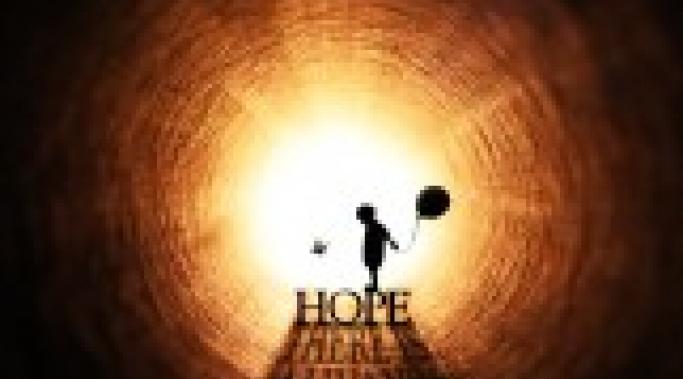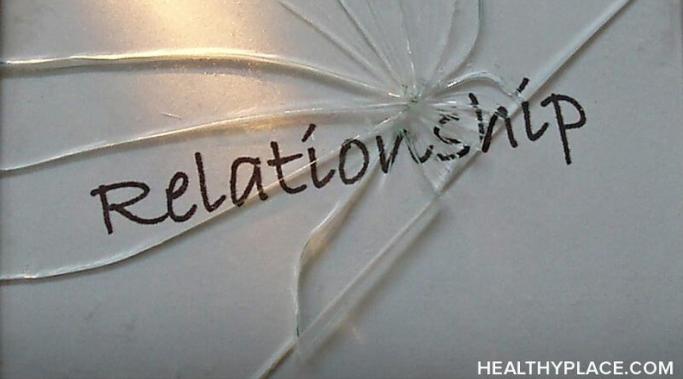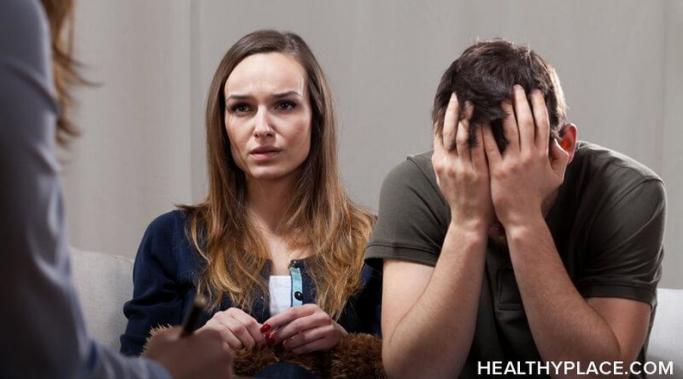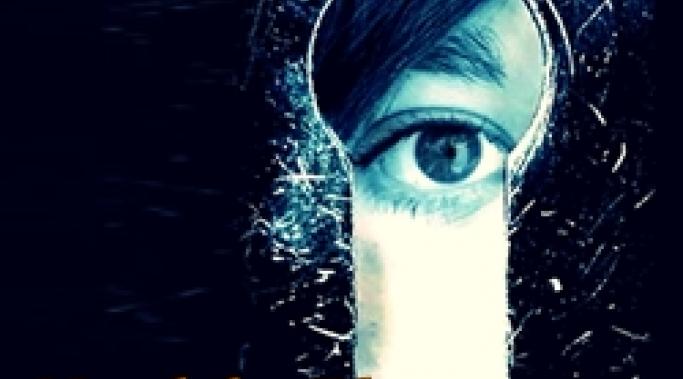Blogs
What Comes to Mind When I Think of 'Crazy?'
A huge part of my own personal recovery is due to coming out of the hiding in darkness. When you are wrapped in an addiction you cannot see outside your own actions, and live in secrecy, trying to hide your behaviors from others, thinking you are clever, when people will tell you later they watched it slowly unravel without knowing how to help us, or help change the behavior. An addiction is surrounded by lies, sneaking around, feeling alone, feeling trapped, and feeling alone.
There are ways to help someone leave an abusive relationship. You have to be careful though. Leaving an abusive relationship is very difficult, and if you are not careful, your loved one may turn on you. They may not see themselves as trapped in an abusive relationship at all. However, there is also no harm in attempting to carefully guide your loved one into realizing their partner abuses them. And, if you are wrong and the relationship is not abusive, all you've done is guide your loved one toward greater self-empowerment (and that hurts no one).
For decades, Americans have used their automobiles as traveling billboards, plastering promotional messages across chrome bumpers in hopes of advancing a vast spectrum of causes and opinions. Why, one wonders, has the mental health community been slow to adopt this ubiquitous form of persuasion?
The answer, almost certainly, is to be found in the curse of stigma, which runs so deep in our culture that the afflicted – us – would rather remain silent than boldly declare our beliefs right next to declarations regarding the intelligence of our Jack Russell Terriers.
All of us at Funny In The Head would like to see Whackadoomius Americans shamelessly declare their mental health advocacy with charming bumper stickers like the following:
Four years ago, I admitted my then-six-year-old son to an inpatient psychiatric hospital. Much has changed in four years, but reading my thoughts from the time brings it all back. It's an experience I wouldn't wish on any parent; one I hope I never have to live again.
"I'm not sick anymore!" Sound familiar? It does for many people who struggle with mental illness, particularly chronic mental illness, but also addiction and alcoholism. It's important to mention that this feeling is not exclusive to these diseases but for the purpose of this blog let's focus on them.
Can we be addicted to self-injury? Could the act of self-harm effect us like alcohol or a drug? Recently my therapist and I have begun to work on my addiction to alcohol. One session went particularly rough and left me craving a stiff drink. However, I also wanted to self-injure. It was my way to cope, my way to deal with the pain. I then asked, "Could I be addicted to cutting?" Is it possible to be addicted to self-harm?
I don't have anything against people with a disability. Why would I? Being disabled means nothing about the individual, it simply indicates their situation. It would be like being against people with siblings. It would just be silly.
Nevertheless, when considering my own bipolar disorder, I bristled against the word "disability." I know; this is hypocritical of me and a double standard. It's OK for someone else to be disabled but not me? I'm embarrassed to even think it.
But bristle I have and think it I (mostly subconsciously) did. The truth is, though, I'm a person with a disability.
The solutions to ending verbal, mental, emotional and physical abuse are disheartening. We tell families of abuse victims: "There's nothing you can do until s/he's ready to accept what is happening." We tell abuse victims: "The solution to your problem is inside of you. No one else can solve this problem for you."
The "solutions" seem mystical, magical...untouchable. The solutions leave abuse victims, already reality-impaired, with the sense that all they can do is wait and hope that someone or God will eventually flip the switch and life will become sweet. The solutions feed into the theory of co-dependency which in part states that at some level, co-dependents wait for rescue instead of using their innate powers to change their situation.
It was 3 a.m., January 1, 2012. I had been struggling to sleep for hours. All had did though was constantly shift around in my hospital bed and throw covers on and off, as my head throbbed and waves of heat flushed my face. It left me hot and then freezing cold.
It was the last night of my hospital stay and I had gotten progressively sicker in the past few days. The nurses simply told me I must have the flu or something since I had a slight fever and struggled to eat — not a good thing for a recovering anorexic. I pushed the call button for the night nurse, hoping for some relief but knowing I had just taken a pain killer a few hours before and, therefore, there was nothing anyone could do. He brought me a box of tissues as I started crying and tossing around, saying "I guess this is what they call hitting rock bottom, huh?" He told me to go ahead and cry.
I had been in the hospital since December 26. It has been both the hardest and most rewarding thing I have ever done.









